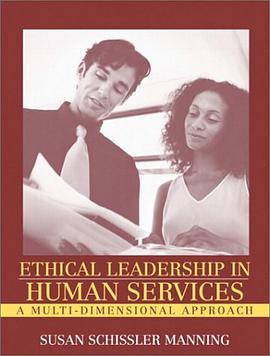

具体描述
Oil prices are now at their highest level in a decade, and with one-fourth of the world's reserves, Saudi Arabia is the world's largest oil exporter. The United States, by far the world's largest petroleum importer, would do well to understand how the kingdom makes its petroleum policies and influences international production. Yet, Saudi Arabia is not an easy society to understand. How the Kingdom functions can appear murky even to the informed outsider. The Oil Kingdom at 100, a detailed analysis of Saudi petroleum policymaking, should go far to clear up any Western misconceptions. It argues that petroleum provides a lens through which Saudi policy as a whole can be better understood, and that decision making about petroleum is becoming more formal, professional, and bureaucratic; rather than based on personal influences and whims. The trends identified are a mixed blessing from the perspective of U.S. interests. On the one hand, more assertive and nationalist Saudi policies may well run counter to U.S. policies. On the other hand, it is also likely that better Saudi governance will make for a more prosperous and stable kingdom, effectively eliminating the risk of political unrest that could bring to power radical Islamists of the Osama bin Ladin ilk. A more open Saudi Arabia, more comfortable with foreign investment in crucial fields like petroleum and electricity, is better not only for American business, but also for people-to-people relations between two quite different cultures.
作者简介
目录信息
读后感
评分
评分
评分
评分
用户评价
相关图书
本站所有内容均为互联网搜索引擎提供的公开搜索信息,本站不存储任何数据与内容,任何内容与数据均与本站无关,如有需要请联系相关搜索引擎包括但不限于百度,google,bing,sogou 等
© 2026 book.wenda123.org All Rights Reserved. 图书目录大全 版权所有




















